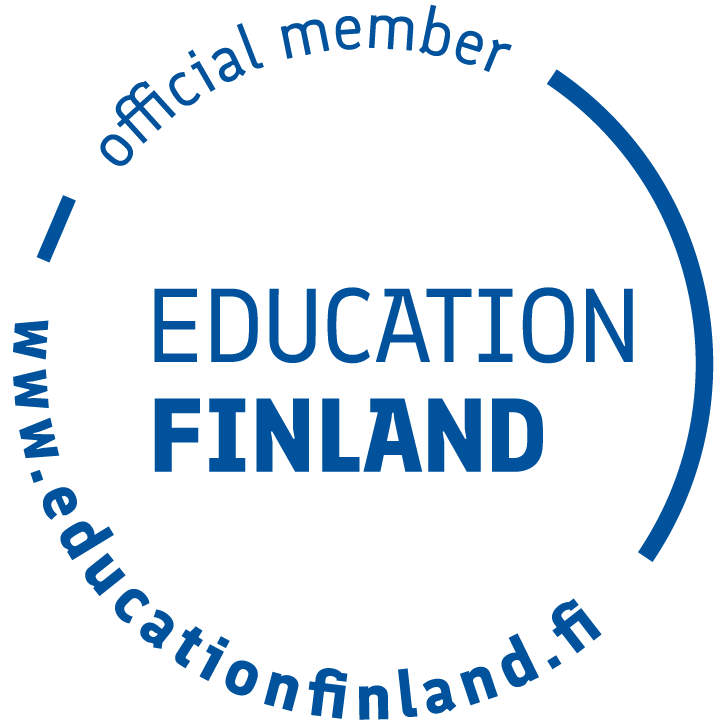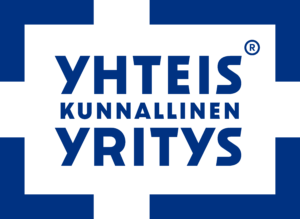Intelligence gathering and documentation in global organizations are maturing from separate, largely manual tasks into organization-wide processes of multilingual content management. Timeliness, efficiency and quality are sought through redistribution of labour, automatization of the processes, and standardization of the products.
The ContentFactory project developed and integrated language and document technology tools which help automate and distribute multilingual content management. Based on earlier work by the four research partners, ContentFactory brought together ontologies and constrained-language multilingual language technology, wide-coverage information extraction and aggregation methods, and multilingual terminology and ontology learning. ContentFactory provided distributed methods of interacting based on cumulated semantic knowledge which enables interoperability in various application areas.
The project had four parallel workpackages (WPs):
1. TermFactory (TF): produced and maintained semantically rich multilingual terminology using ontology-based tools and workflows
2. Information to Intelligence (I2I): analysed and aggregated structured information from multilingual text
3. Multilingual terminology and ontology learning (MuTOL): extracted automatically term candidates from text in different languages and built hierarchical structures based on these term candidates
4. Semantic Interoperability Support (SIS): applied ontology components to enable sharing of meaning in B2B service trading
The workpackages interoperated to combine the strengths of the proposers. The new ontology-based design of the I2I tools was built on TF ontologies. The TF WP makes use of the text mining and pattern learning tools of MuTOL and I2I. The TF and SIS WP exchange expertise on ontology tools and web service techniques for B2B collaboration.
The project was completed in 2010.





